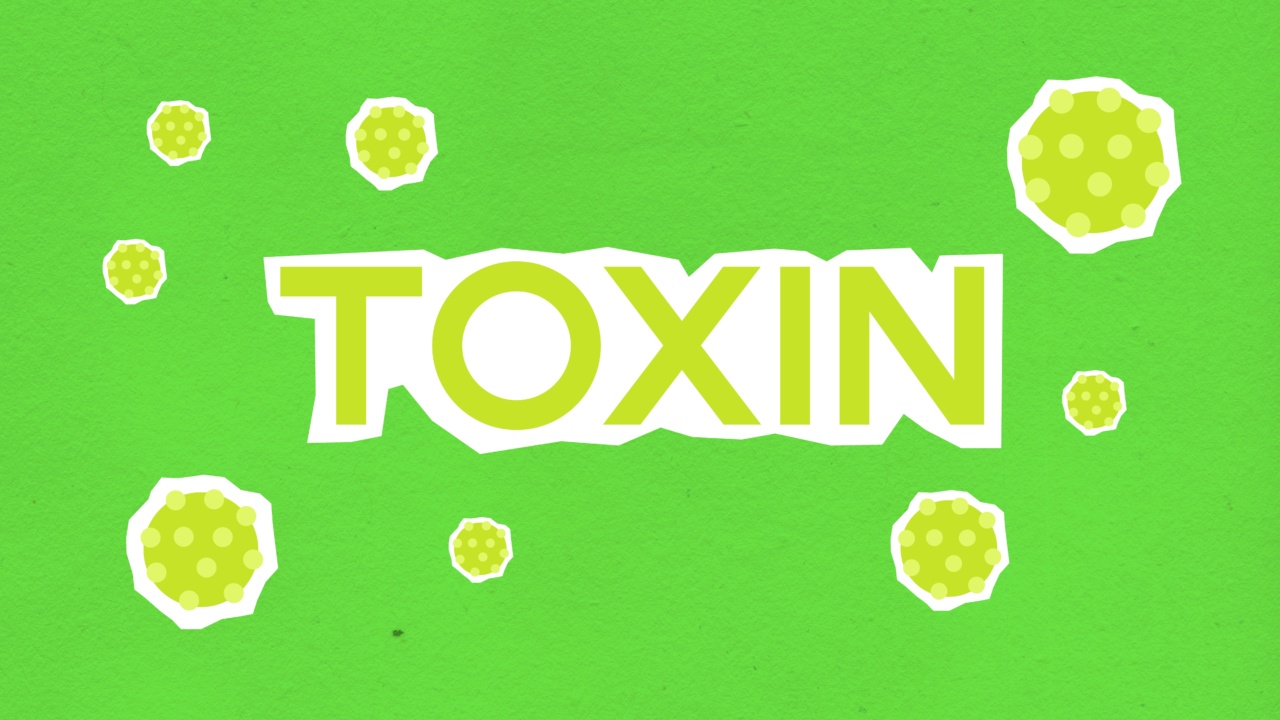Pregnancy is a beautiful and miraculous time in a woman’s life. However, it can also be a vulnerable period, with various complications that can arise, potentially posing risks to both the mother and the baby.
While some complications may be unavoidable or unpredictable, there are certain toxins that pregnant women should be aware of, as exposure to these substances can increase the likelihood of developing complications. This article will explore some common toxins and their potential effects on pregnancy.
1. Tobacco smoke
Smoking and exposure to secondhand smoke have been associated with a myriad of pregnancy complications. Maternal smoking during pregnancy can increase the risk of miscarriage, premature birth, low birth weight, and various birth defects.
Secondhand smoke can also have similar harmful effects on the developing fetus.
2. Alcohol
Alcohol consumption during pregnancy can lead to a range of complications known as fetal alcohol spectrum disorders (FASDs). These disorders can cause physical, behavioral, and cognitive problems in the baby.
The severity of the effects depends on the amount of alcohol consumed and the stage of pregnancy.
3. Lead
Exposure to lead can have detrimental effects on pregnancy. Lead can cross the placenta and affect fetal development, potentially leading to miscarriage, preterm birth, low birth weight, and developmental delays.
Pregnant women should be cautious around sources of lead, such as lead-based paint, certain pottery, and contaminated water.
4. Mercury
Mercury is a heavy metal found in certain fish and seafood. High levels of mercury can harm the developing nervous system of the fetus. Pregnant women should avoid consuming predatory fish such as shark, swordfish, king mackerel, and tilefish.
They should also limit their intake of other fish and choose low-mercury options instead.
5. Pesticides
Prolonged exposure to pesticides, either through direct contact or consuming pesticide-contaminated food, can increase the risk of adverse pregnancy outcomes.
Studies have linked pesticide exposure to miscarriage, preterm birth, birth defects, and impaired fetal growth. Pregnant women should try to minimize their exposure to pesticides by opting for organic produce and using natural pest control methods.
6. Air pollution
Poor air quality due to pollution can be harmful to both pregnant women and their developing babies.
Exposure to air pollutants, such as fine particulate matter and nitrogen dioxide, has been associated with an increased risk of preterm birth, low birth weight, and impaired fetal development. Pregnant women should try to avoid areas with high levels of pollution and stay indoors on days when air quality is poor.
7. BPA
Bisphenol A (BPA) is a chemical commonly found in plastics and food containers. BPA can mimic estrogen in the body and has been linked to reproductive problems.
Pregnant women should avoid using plastic containers or bottles that contain BPA and opt for BPA-free alternatives.
8. Caffeine
Excessive caffeine consumption during pregnancy has been associated with an increased risk of miscarriage and preterm birth.
While moderate caffeine intake is generally considered safe, it is advisable for pregnant women to limit their daily caffeine intake to 200 milligrams or less.
9. Prescription medication
Certain prescription medications can pose risks to pregnancy. It is important for pregnant women to consult with their healthcare providers about the safety of any medications they are taking during pregnancy.
Some medications may need to be adjusted or discontinued to minimize potential harm to the fetus.
10. Household cleaning products
Many household cleaning products contain chemicals that can be harmful to both pregnant women and their developing babies.
Pregnant women should avoid using products that contain strong and potentially toxic chemicals, such as bleach, ammonia, and aerosol sprays. Opting for natural and eco-friendly cleaning alternatives is a safer choice during pregnancy.
Conclusion
Pregnancy is a time of immense joy and anticipation, but it is essential to be aware of potential risks and complications. Taking steps to minimize exposure to toxins can help reduce the likelihood of experiencing these complications.
Pregnant women should prioritize their health and the health of their baby by avoiding tobacco smoke, alcohol, lead, mercury, pesticides, air pollution, BPA, excessive caffeine, certain prescription medications, and harmful household cleaning products. By being proactive and informed, women can enhance their chances of having a healthy and successful pregnancy.



























